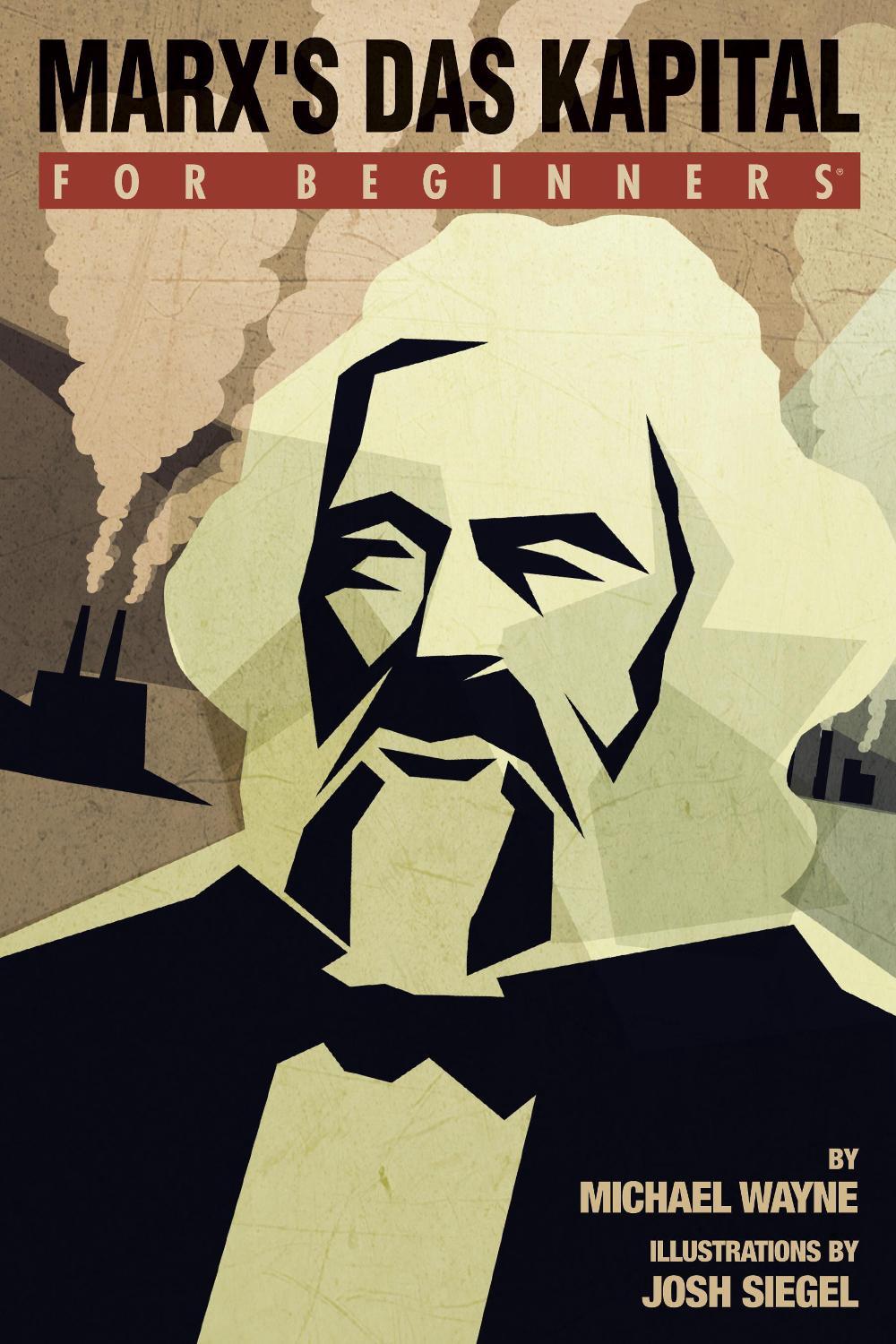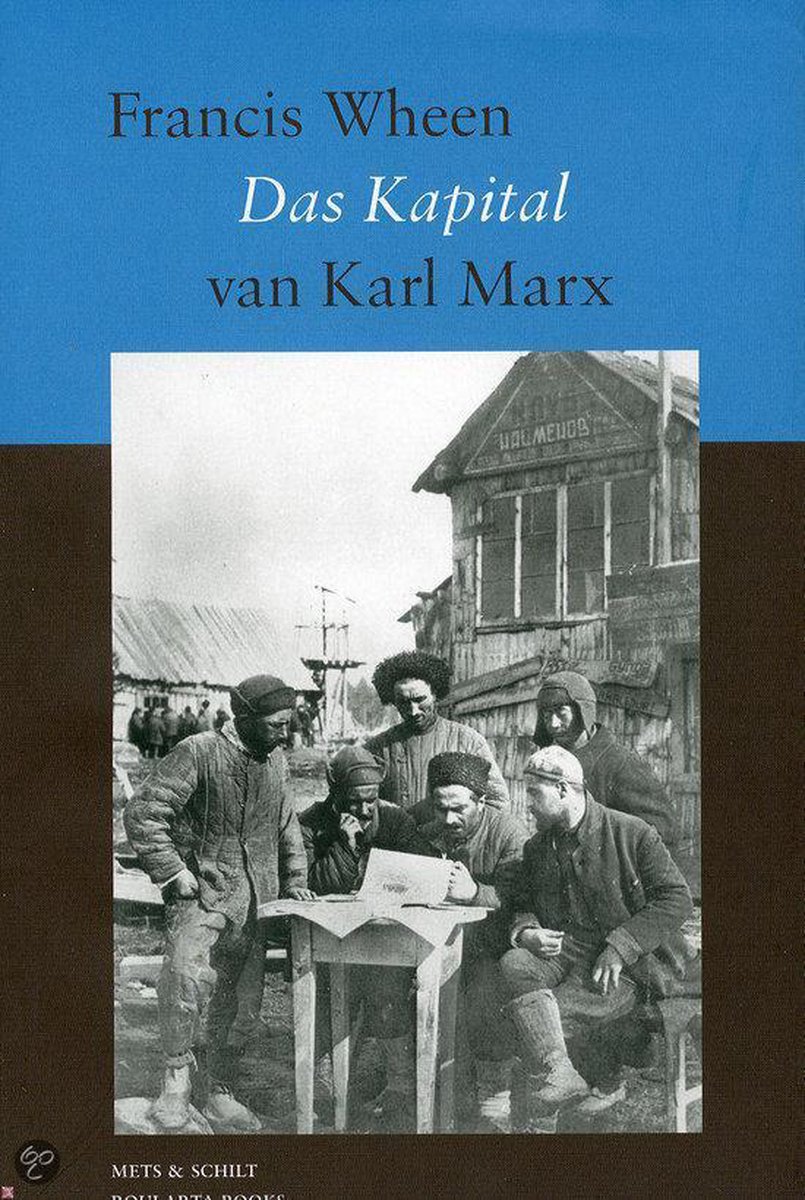
While De Paepe was an early disciple of Proudhon, he would often gravitate toward Marx's positions, and he was counted second only to Marx as a theoretician of the IWMA. Educated as a physician in Brussels, the Belgian César de Paepe (1841-90) is considered, with Michail Bakunin, the co-founder of collectivist anarchism, the theory of which they formulated independently of each other in 1866. Notably, the General Council also passed a resolution recommending that working men in all countries study Marx's "Kapital". Extracts from the machinery chapter of "Das Kapital" were read at the Congress (it is not too far-fetched to imagine it may have been from this very volume), and these quotations provided the theoretical basis for the resolution condemning the extortionist use of machinery by the capitalist class. With De Paepe the principal leader of the Collectivist faction favoured by himself, Marx managed completely to sideline Proudhon's adherents and made the delegates accept several contentious resolutions confirming the advantages of collective, socialist ownership of the means of production and of land. Marx did not attend, but nevertheless succeeded in pulling the strings from London. Indeed, Marx had good reason in early September 1868 thus to draw De Paepe to himself, assuring him of their fraternal affinity: three days later, on 6 September, the Brussels Congress of the First International was to begin, where the conflict with the French Proudhonists would come to a head. As it had not yet settled and oxidized, the wiped-out iron gall ink must have appeared much fainter at the time of inscribing, and Marx wrote across the then slightly smudged area (which today appears considerably darkened) his much more cordial "brotherly greeting". Curiously, Marx had first written "avec les compliments de Karl Marx" before thinking better of such a comparatively bland dedication and erasing the just-penned words.


Inscribed not quite a year after the volume's publication to César de Paepe, the leader of the International Workingmen's Association (the First International) in Belgium: "Au citoyen Cézar de Paepe / salut fraternel / Karl Marx / Londres 3 Septembre 1868". Contemporary half calf with giltstamped spine title and marbled covers.


Inscribed "Au citoyen Cézar de Paepe / salut fraternel / Karl Marx / Londres 3 Septembre 1868" on verso of title, one small pencil correction to the text, presumably by Marx.


 0 kommentar(er)
0 kommentar(er)
